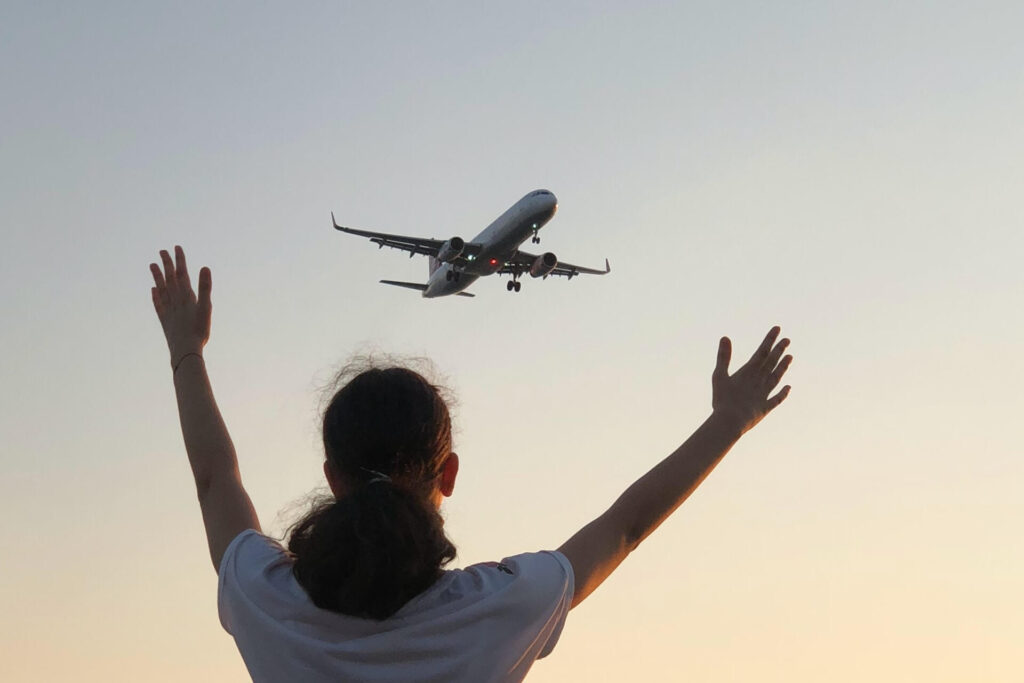Under normal circumstances, if an airline is late on making payments for leased planes, the leasing company would come and repossess the airplane. As the COVID-19 crisis has drastically affected airlines’ pockets, aircraft spent months sitting on the ground, while air carriers turned to leasing companies trying to renegotiate their contracts. Yet so far, there have been no high profile aircraft repossessions. Industry experts explain why.
“The simple answer would be that they have not done it yet because there is nowhere to place them at the moment,” observed Rob Watts, the Director of Advisory at ACC Aviation, speaking at AIR Convention Digital Week on June 17, 2020. However, the situation cannot continue forever.
“Lessors today displayed a greater level of patience than previously,” says Marian Pistik, the Head of Asset Management at International Airfinance Corporation. However, it is not only the kindness of heart that prompted the patience. At least in part, lessors were physically unable to move across borders and repossess an aircraft, according to Pistik.
Aviation authorities for the most part were not working, elaborates Prof. David Yu, the CEO of China Aviation Valuation Advisors (CAVA). “Even if you could get the technicians to place [where the aircraft is – ed. note], most likely none of the paperwork would be done and the aircraft would be stuck there.”
As the world is slowly starting to ease restrictions, physical obstacles for aircraft lessors to exercise their rights are opening up. However, industry experts believe that aircraft repossessions would begin later in 2020.
“Lessors will start exercising their rights once it is obvious which airlines will survive and which ones will not,” says Pistik. In Europe, he expects this time to come at the end of the summer season 2020. “At the end of the summer we will see the collapse of airlines that depend on summer traffic”. Then, aircraft will be returned to lessors “‘whether they like it or not”.
“If at some point a lessee collapses or stops communicating, that is obviously a good sign for the lessor to step in,” says Tadas Goberis, the CEO of AviaAM Leasing. However, he anticipates a wave of repossessions to come closer to the end of the year. “The real hit will be coming closer towards the end of the year. Then we will see how many airlines will survive and how many repossessions will lessors do.”
Watch the full panel discussion here:
AIR Convention Digital Week hosts 30+ global aviation executives discussing how aviation is reshaped by the COVID-19 virus effects and the paths to recovery. Watch the event on aerotime.aero, every day at 2 CET on June 15th – June 19th, 2020.
